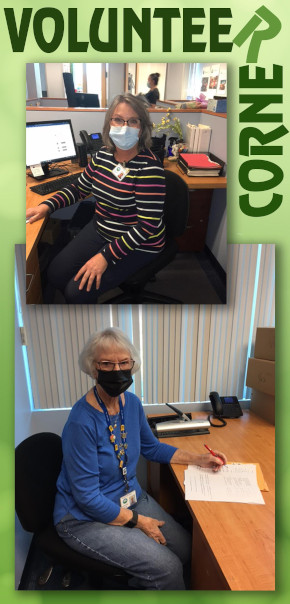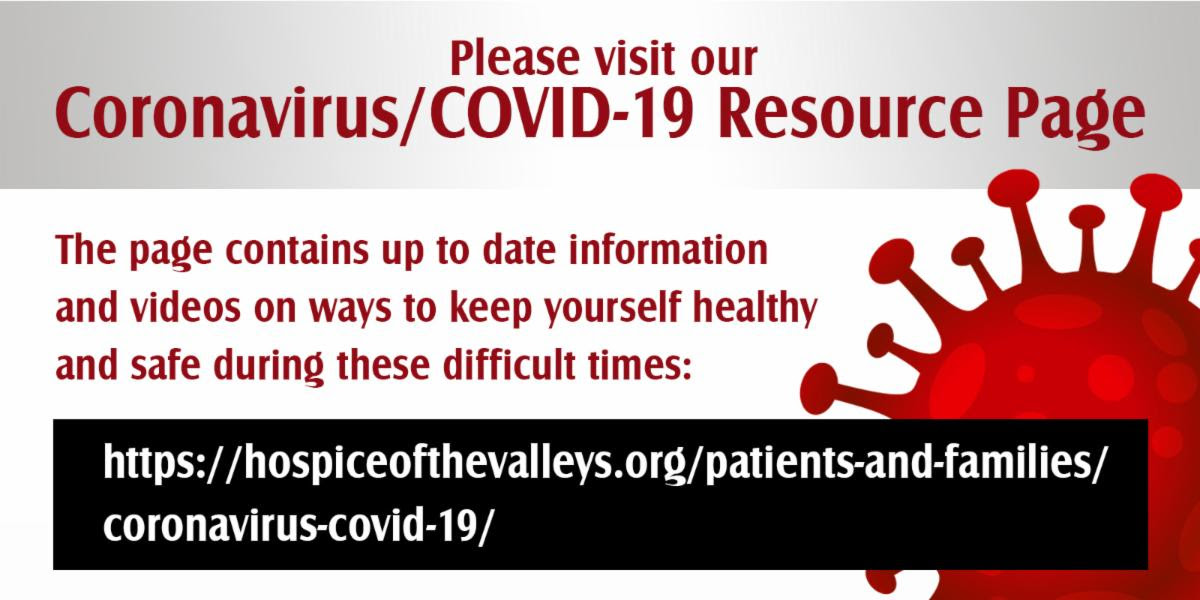It has now been just over two years since the Covid-19 Pandemic began in California. Although as current indicators are trending in a favorable direction, we are now beginning to look back and survey the toll that the last two years have taken on our society. As we begin to see various Covid restrictions lifted and our lives begin to return to normal there is a great sense of relief; but much like the aftermath of a hurricane, the pandemic has left a wake of destruction in its path.
According to the most recent estimates, there have been over 79 million documented cases of Covid-19 in the United States and over 950,000 deaths. When people survive through traumatic events like combat, accidents or physical assault some of them experience a condition known as post-traumatic stress disorder, or PTSD for short. Although the pandemic has not been as intense for most as the events leading to PTSD, it is undeniable that there has been significant impact caused by the stress of the pandemic.
Even those who have not been seriously ill due to Covid have experienced altered daily routines, financial pressures, social isolation and increased uncertainty. Add to this the endless media reports about the pandemic and it is no wonder that surveys have shown a major increase in the number of U.S. adults who report increased stress, anxiety, depression and insomnia during the pandemic. Although we cannot control the pandemic, we can control how we respond to the stress in ways that decrease the negative impact.
As we transition from the pandemic response to a pandemic recovery, it is time to attend to the mental and emotional impact caused by the pandemic. Below are several helpful suggestions from the CDC on how to deal with the stress related to the pandemic:
- Take breaks from watching, reading, or listening to news stories, including those on social media. It's good to be informed, but hearing about the pandemic constantly can be upsetting. Consider limiting news to just a couple times a day and disconnecting from phone, TV, and computer screens for a while.
- Take care of your body - Take deep breaths, stretch, or meditate. Also, helpful is take preventative measures, eat healthfully, exercise and get plenty of sleep.
- Make time to unwind - take time for yourself and also connect with others.
For more information on coping with stress during the pandemic, I would refer you to the full article where the above recommendations were found at https://www.cdc.gov/mentalhealth/stress-coping/cope-with-stress/index.html






















